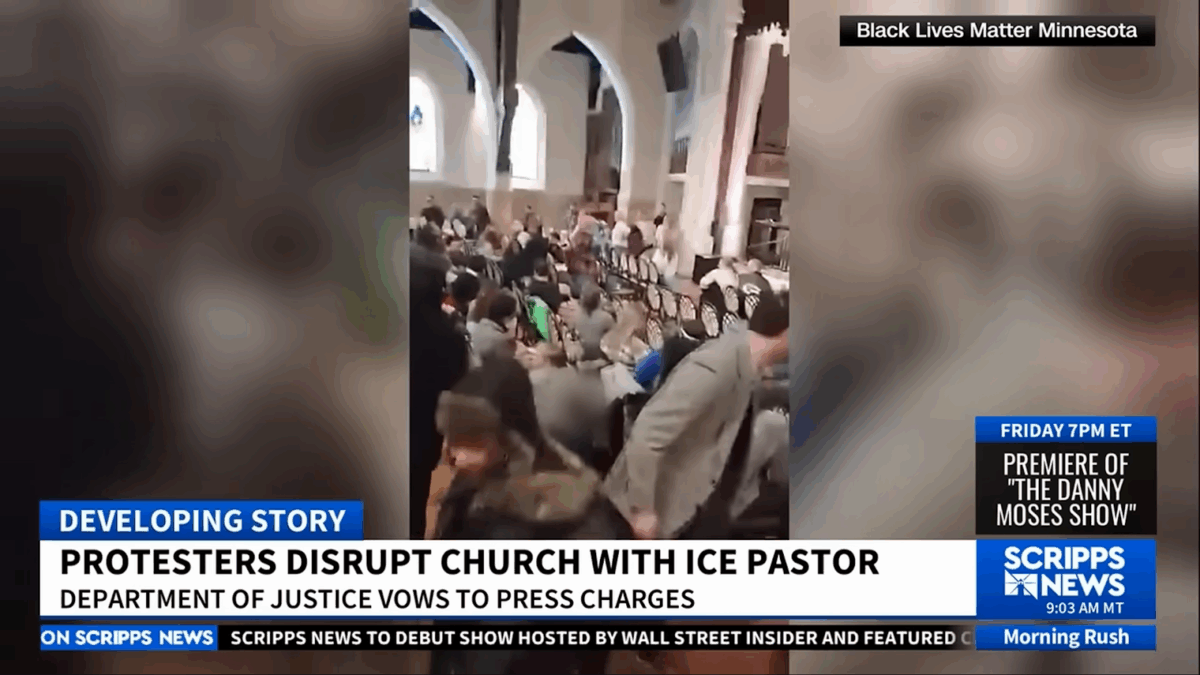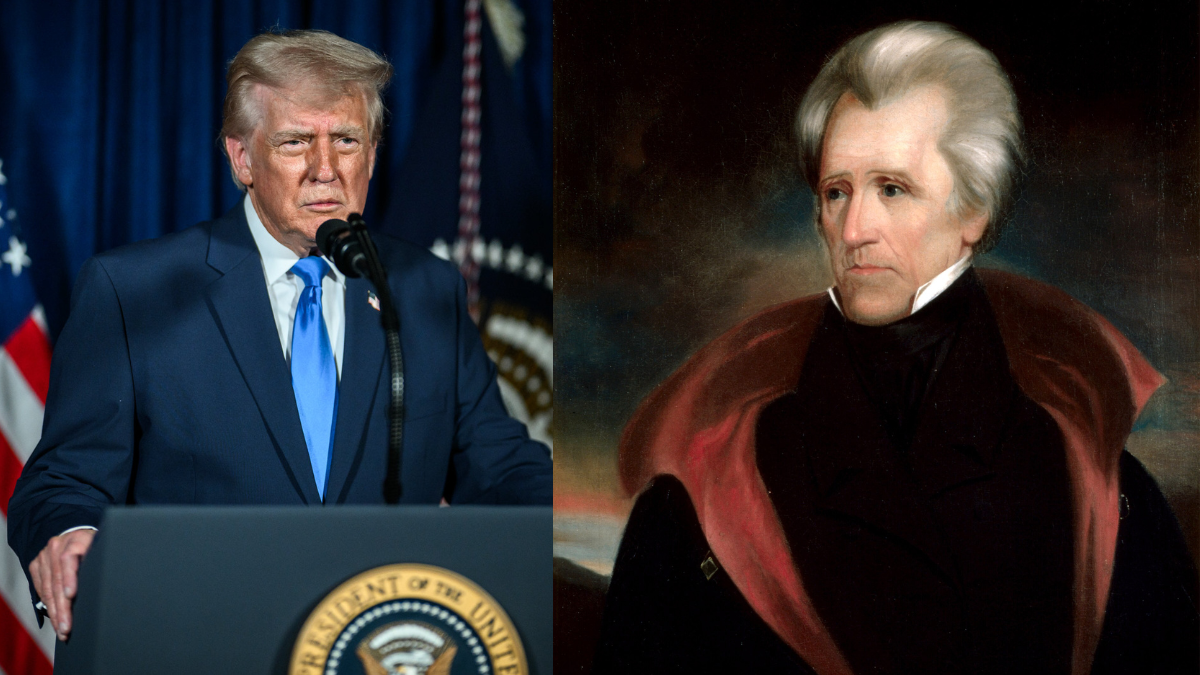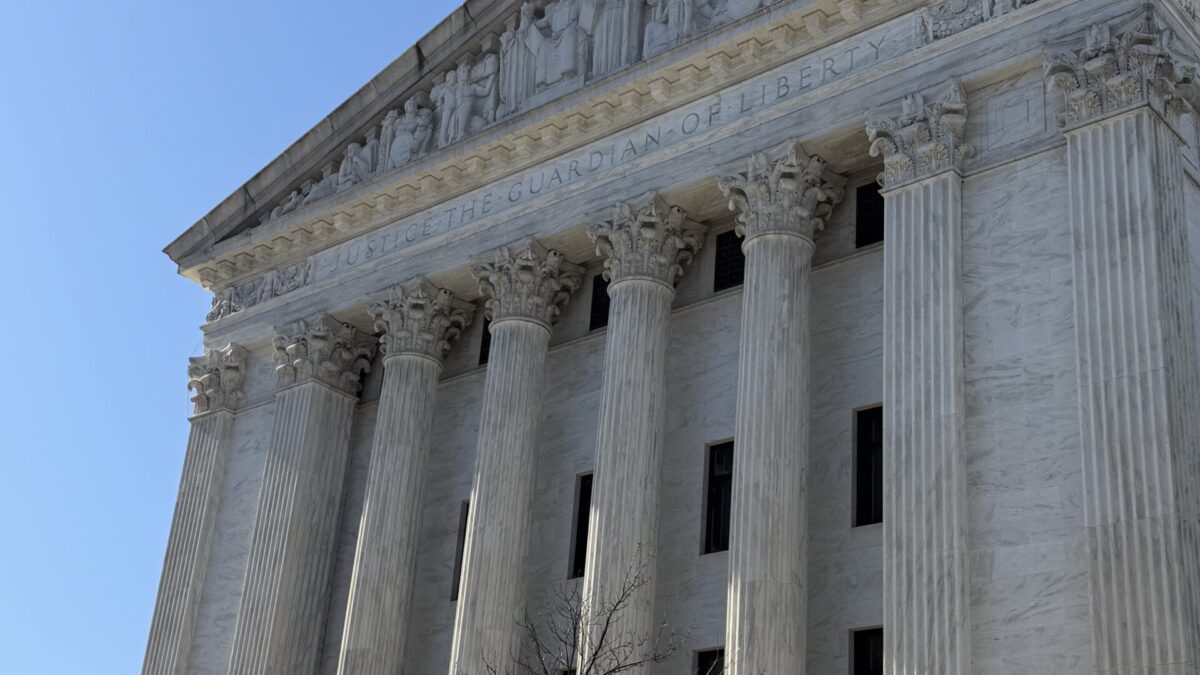Democrats are gearing up to go head-to-head on the debate stage tonight for the sixth time this year. Unlike prior debates that have each featured at least 10 candidates on stage, tonight’s primetime event will be the smallest yet, with only seven candidates scheduled to face off.
Tonight’s debate will be run by PBS NewsHour and Politico, and will be broadcast live 8 p.m. to 11 p.m. Eastern Time from Loyola Marymount University in Los Angeles, California. The event will be airing on local PBS stations and CNN, CNN International, and CNN Espanol and can also be streamed across PBS, CNN, or Politico’s digital platforms.
Moderating the debate will be PBS NewsHour’s Judy Woodruuff, Amna Nawaz, and Yamiche Alcindor, and Politico’s Tim Alberta.
To qualify for a podium on stage, candidates were required to show a minimum of 200,000 unique donors in addition to meeting a polling threshold set by the Democratic National Committee. Candidates must have scored at least 6 percent of higher in two polls in a combination of the four early contest states of Iowa, New Hampshire, Nevada, and South Carolina, or hit 4 percent or higher in four surveys in the early contest states or national polls.
Here’s the lineup of who will appear on stage from left to right, along with their average in Real Clear Politics’ latest aggregate of primary polls:
- Tech entrepreneur Andrew Yang (3.4 percent)
- South Bend, Indiana Mayor Pete Buttigieg (8.2 percent)
- Massachusetts Sen. Elizabeth Warren (14.8 percent)
- Former Vice President Joe Biden (28.0 percent)
- Vermont Sen. Bernie Sanders (19.0 percent)
- Minnesota Sen. Amy Klobuchar (3.2 percent)
- Businessman Tom Steyer (1.6 percent)
Candidates still in the race who did not qualify include former New York City Mayor Michael Bloomberg, New Jersey Sen. Cory Booker, Colorado Sen. Michael Bennet, former Secretary of Housing and Urban Development Julian Castro, Hawaii Rep. Tulsi Gabbard, former Maryland Rep. John Delaney, former Massachusetts Gov. Deval Patrick, and self-help author Marianne Williamson.
Thursday night’s debate almost didn’t happen due to a local labor dispute. A union of about 150 workers on the Loyola campus were in the midst of high-strung negotiations with the food service company Sodexo, prompting Democratic candidates to threaten to forfeit their primetime podium if it required crossing the picket line. Assistance from the Democratic National Committee, however, helped the union to reach a potential resolution with Sodexo in time for the debate to continue on schedule.
The debate comes little more than two months away from the first votes to be cast in the 2020 presidential election cycle. With the Iowa caucuses rapidly approaching on Feb. 3, candidates have little time to make their case to voters ahead of the first contest state.
In a race that has been rocked with turbulence, the debates have been critical to shaping the competition bringing lesser-known candidates into the fray while once top-tier candidates slip into the background, ultimately ending their campaigns.
Tonight’s debate will be no less important to the candidates working to prove themselves among the electorate in a crowded field. Multiple surveys reveal that most voters remain open to changing their minds on their preferred candidates. A recent poll conducted by NPR/PBS NewsHour/Marist shows, for example, that 67 percent of Democratic voters or Democratic-leaning independents were still willing to back someone else other than their currently preferred candidate.
Since November, the polls have not changed dramatically to alter the state of the race. Former Vice President Joe Biden remains the clear frontrunner in the national polls but has fallen behind in Iowa and New Hampshire, where the Real Clear Politics’ latest aggregate of polls lands the former VP in third place each.
As in the last debate, Buttigieg is likely to be a target once again despite his fourth-place polling in national polls. Buttigieg is currently surging in Iowa and New Hampshire with polls in the critical early states landing Buttigieg as the top dog, holding a first-place frontrunner status in Iowa and coming in a close second in New Hampshire.









